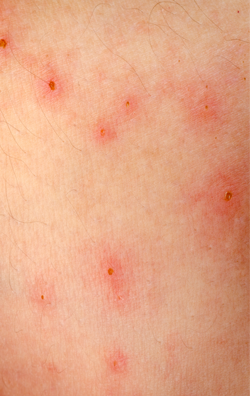
A response shown by the body to a change is called Stress. Both good and bad stress is there in life. But a continuous stress leads to mental disorders like chronic anxiety and depression in some individuals. These psychological disorders tend to go hand in hand and they can set the stage of heart disease.
Causes of stress:
Stress may happen in every activities of human life like driving; target based working, family problems etc. But stress is not negative in nature in some cases. It is sometimes an adaptive reaction to a particular challenge which can lead to excellent performance and accomplishment. A highly significant negative life event can cause the negative stress and a long term suffering of the same will cause dangerous corrosive outcome. This may contribute to serious heart problems.
These types of stresses are caused by:
1) Changes in atmosphere and life style that needs adjustments
2) Circumstances that contribute to low self confidence
3) Lack of sense of control in life
4) Continuous work pressure
5) Unsatisfactory support from the society
6) Bad health habits
7) Failure and weakness in aging
How does stress affect the heart?
1. Under severe stress the heart works harder and the body’s ‘fight or flight’ response activated. Thus the body tenses, blood pressure increases and heart beats faster.
2. The stress hormones in the body damage the heart arteries and, thus the blood platelets adhere at the injured wall in order to cure the damage. This lead to the thickening of arterial wall.
3. Stress discharges fatty acids and glucose in the blood stream, which are converted and deposited as cholesterol and natural fats. This will decrease the blood flow.
4. Stress raises the habit of smoking, drinking, over eating, addiction to drugs etc. and these bad habits significantly increases the heart beat.
5. Body’s ability to repair itself is also affected by stress. Thus the injuries to heart are very slowly repaired.
Common symptoms of stress and depression:
Depression is risk factor for heart and which can accelerate heart disease.
1. Physical symptoms
1) Restlessness
2) Muscle tension
3) Teeth grinding
4) Heart palpitation
5) Poor sleep
6) Stomach disorders
7) Head ache
8) Extraordinary weight gains and loss
9) Common aches and pain
2. Emotional symptoms
1) Anxiety
2) Worry
3) Feeling powerless and frustrated
4) Crying
5) Mood swings
6) Apathy
7) Sense of failure
8) Negative thinking
3. Behavioral symptoms
1) Unable to concentrate
2) Memory loss
3) Loss of humor sense
4) Interpersonal problems
5) Loss of sex drive
6) Changes in appetite
7) Increased habits of using alcohol, drugs and cigarettes
Depression:
Depression is not a normal state of mind. Many research studies are there proving that depression are more likely to develop heart disease. It is also an emotional reaction to heart disease itself. Treatments like psychotherapy and a combination of psychotherapy and medicine are employed effectively for depression. Recognizing and treating depression is very essential to maximize hart health and quality of life.





